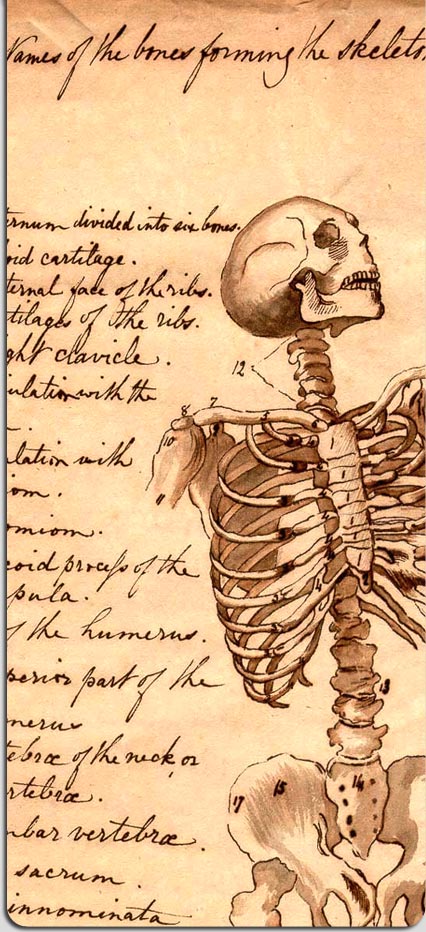Talking With Atul
 I had the pleasure of talking with
Atul Gawande
last night at a mutual friend’s house while he was in town to do a book reading for
Better
, his new book. (Coincidentally
he has an Op-Ed
on the Walter Reed situation today in the NYT.) Although I haven’t read it yet, he read some excerpts, and they were fantastic.
I had the pleasure of talking with
Atul Gawande
last night at a mutual friend’s house while he was in town to do a book reading for
Better
, his new book. (Coincidentally
he has an Op-Ed
on the Walter Reed situation today in the NYT.) Although I haven’t read it yet, he read some excerpts, and they were fantastic.
I was kind of nervous to talk to him at first–he’s quite an amazing figure, being a surgeon and excellent writer (not to mention he’s a freaking MacArthur Genius ). We got into an interesting discussion after I had asked him about his articles and their influence on people–I, for example, was sure he wrote his Geriatrics piece in the New Yorker to raise awareness about our unpreparedness for the aging population. He pretty much said I was wrong: everything he writes he writes because he wants to understand it, and writing is his way of thinking his way through things. He doesn’t write to make change, more because he has found an interesting paradox that he wants to understand. He said he doesn’t want his writing to “do bad,” and if it does good, it’s a bonus–but that in general he didn’t think that people reading an article is really the way that change happens, anyway. (He said, however, he believes that his Center for Surgery and Public Health , however, does have a role in implementing change–he would like to develop a “Surgical Apgar” score to finally get basic reporting data from surgeons so they can measure themselves and learn how to improve.)
It was at first disheartening to hear that this Genius grant Harvard cancer surgeon award winning book author who gets asked by the New York Times to write Op-Eds doesn’t write to change or improve things–especially when so much of his work is focused on why we fail, and how we improve. But I guess I can somewhat understand his claim. It’s much more fun (and less frustrating) to think through a problem and try to figure out why it’s happening than it is to propose a way to fix it. He said one of his goals in writing is to show that “the world is more complex than most people think it to be,” and maybe that’s in part why proposing solutions is so difficult. And maybe it’s easier to keep writing with a simpler goal in mind–understanding the problem–than fixing it. If you advocate for a fix all the time, and nothing ever happens, I can see it becoming frustrating.
Sometimes I wonder if my efforts in educating/advocating for health care reform would be better spent in another venue besides my little home, home on the web–or similarly to Atul–just educating people about a problem, without proposing a certain solution. I guess for me, however, it always feels like I’m just complaining if I don’t propose some way to fix the problem at hand. But then again, I’m no Atul Gawande, who has a way of discussing problems with such curiosity that he can get away with it much easier than I can.
